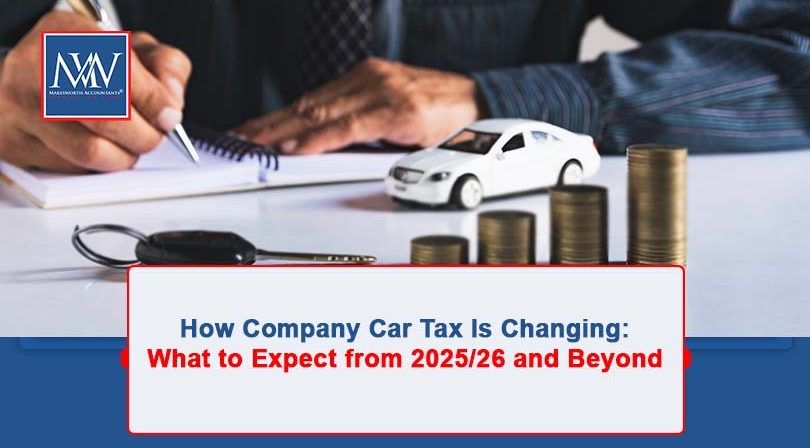All You Need to Know About Car Tax in the UK

Introduction to Car Tax
Car tax, also known as Vehicle Excise Duty (VED), is a mandatory tax that all vehicle owners in the UK must pay to legally use their vehicles on the road. Understanding car tax is crucial for anyone considering purchasing a vehicle, as it can affect the overall cost of ownership and influence choices regarding vehicle type, emissions, and fuel efficiency. With the introduction of new regulations and increasing environmental concerns, staying informed about car tax is more important than ever.
Recent Changes to Car Tax Rates
As of April 2023, the UK government introduced significant changes to car tax calculations, particularly affecting electric vehicles (EVs) and emissions. For the first time, all fully electric vehicles are now subject to car tax, with an annual fee of £10. This is a departure from previous years, where EVs enjoyed an exemption, encouraging more drivers to switch to electric alternatives. This change aims to align all vehicles on the road with environmental responsibility and fund road maintenance.
The tax for petrol and diesel vehicles is calculated based on their CO2 emissions. New rates mean that vehicles emitting more than 226 grams of CO2 per kilometre will face the highest charges — amounts that can reach over £2,000 in the first year. This adjustment underscores the UK government’s commitment to reducing carbon footprints as it aims to reach net-zero emissions by 2050.
How to Check Your Car Tax Status
Drivers can easily check their car tax payment status and rates through the UK government’s official website. To do this, one must input their vehicle registration number, which will provide information on whether their tax is up to date or if there are any outstanding payments. It’s essential for drivers to stay current on payments to avoid fines, which can amount to up to £80 if caught driving a vehicle without valid tax.
Conclusion and Future Implications
Understanding car tax and keeping abreast of its developments is vital for all vehicle owners in the UK. The shift towards imposing taxes on electric vehicles marks a significant policy change aimed at promoting sustainability while funding crucial infrastructure. As the government continues to adjust tax structures to accommodate for environmental impacts, it’s essential that drivers remain informed to make educated decisions about their vehicle choices.
Looking ahead, further reforms are likely, especially as more people transition to electric vehicles and governments tighten emissions regulations. Staying updated on these changes will help car owners better manage their budgets and contribute positively to environmental targets.









